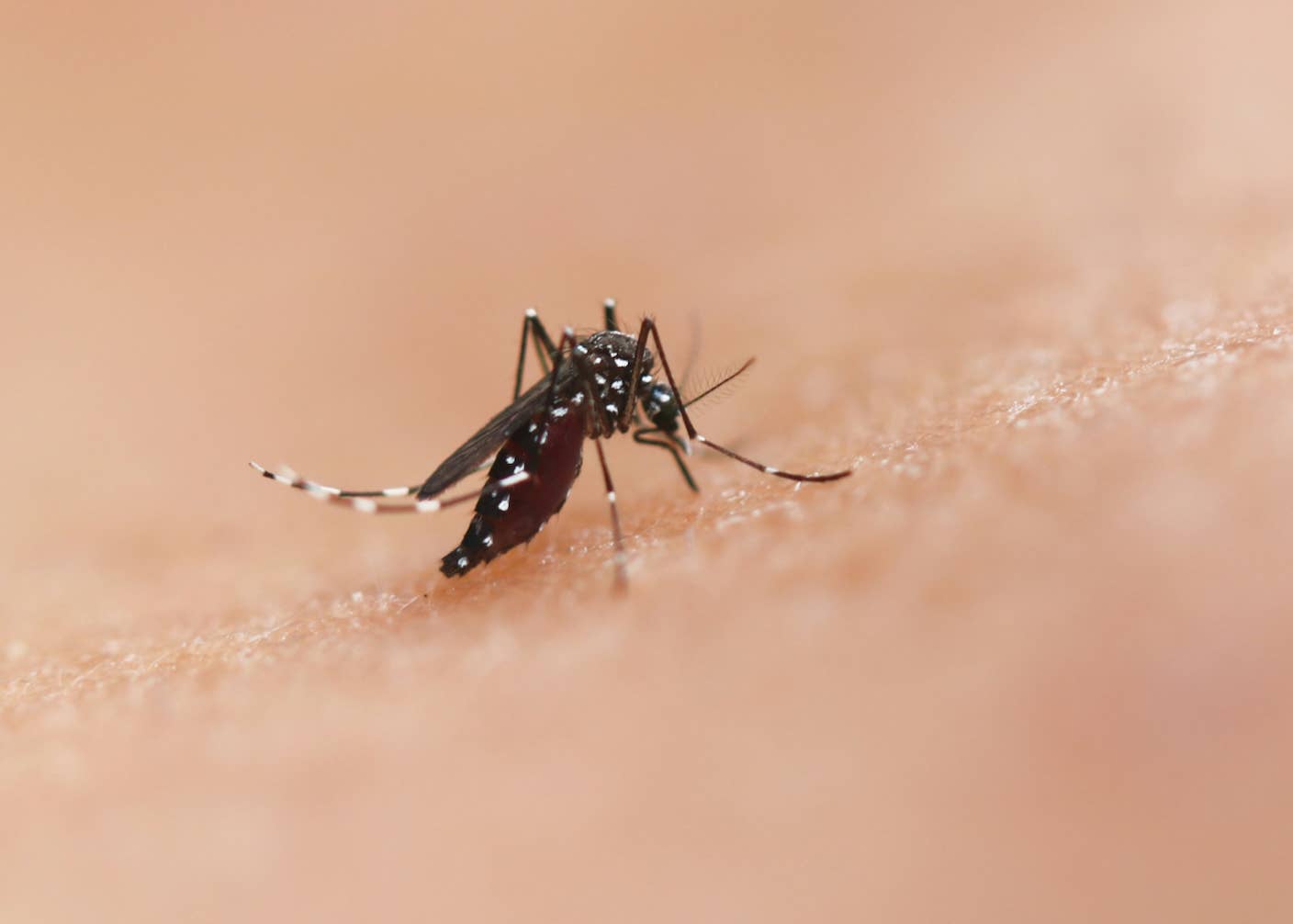CDC Report: Americans Living Longer, But Not As Long as Everyone Else

Share
With the ongoing health care debate raging across the US, it's good to know that we lived slightly longer in 2007 than in 2006. According to a report released on August 19th by the Center for Disease Control's National Center for Health Statistics, Americans reached a new peak in lifespan: 77.9 years. In fact, the last decade has given us a 1.4 year increase in our age at death. Yep, US citizens are living longer than they were just a few years ago, but they still aren't living as long as almost any other developed country. How can we be getting better but still be lagging behind?

Almost half of all deaths (48.5%) in this country are due to heart disease or cancer. The overall death rates for stroke, heart disease, hypertension, and cancer fell between 2006 and 2007, and lifespan rose as a result. It's clear that those two culprits are what is keeping the US from the longevity it might otherwise have.
And longevity means a lot to us here at the hub. We've shown you surgical advances, and promising medical developments. We've given you a look at some of the oldest people in the world, and some of the healthiest places in the world. The one thing we've learned through it all is that the secret to a long life is really, really simple: lifestyle.
You think a futurist blog would talk about advanced nutrients, or remarkable medical cures, but the truth is much more low-tech. People live longer when they focus on wellness, not illness. In other words, the daily routines we follow have a statistically bigger impact than trips to the doctor or hospital. As we mentioned in our discussion of blue zones, a longevity-lifestyle includes daily exercise, a diet low in fats, sugars, & meats and high in fruits, vegetables, & (some kinds of) fish, and avoiding stress. These things won't just help you live longer, they'll help you live healthier and happier lives.

Be Part of the Future
Sign up to receive top stories about groundbreaking technologies and visionary thinkers from SingularityHub.


Let's take another look at heart disease and cancer. Exercise, good diet, and low stress reduce weight gain which is linked to obesity, diabetes and heart disease. Even cancer might be avoidable through our simple plan. As Dr. Terry Grossman mentioned at Singularity University, cancer cells live almost exclusively off of glucose in the bloodstream. Avoid high glycemic indexed foods and you starve the cancer.
The US has a "health care equals medical treatment" mind set. We focus on curing diseases, not living healthier lives. Our signature meal is a burger, fries, and a soda. Many of us complain when we have to walk across a large parking lot. We avoid routine visits to the doctor, but then rely on expensive surgeries, prescriptions, and other treatments when we get horribly ill. And we let ourselves grow very stressed over almost everything. It's a recipe for disaster.
The ongoing debate about how to insure Americans is missing a vital point. Taking more people into any insurance system, public or private, is just treating the symptom, not the condition. As a country we need to change the way we live. Complaining about how trillions of dollars are used, may be less important than figuring out why we have to spend the money in the first place.
Have those trillions of dollars been wasted? The CDC report shows, in fact, that when it comes to diseases unrelated to exercise and diet, the US is doing very well. Take HIV/AIDS, who's death toll was just over eleven thousand people in 2007, despite an increase in the number of cases. That's a 10% drop from 2006 - the largest decrease in almost a decade. Improvements in treatments are obviously making a dent in the disease. Influenza and pneumonia also saw appreciable drops.

I think the CDC report reveals that we are living longer despite our bad habits. Imagine our longevity if we kept our medical funding, and also improved our lifestyle! Some of this may already be happening. I hope that the US starts to realize that health care starts in our homes, not our doctor's office. There are some really amazing things in our future - modular robots, tactile holograms, and the singularity! We just need to live long enough to enjoy them, and a better lifestyle is more likely than a more expensive doctor to get you there.
Related Articles

This Week’s Awesome Tech Stories From Around the Web (Through December 20)

Data Centers in Space: Will 2027 Really Be the Year AI Goes to Orbit?

New Gene Drive Stops the Spread of Malaria—Without Killing Any Mosquitoes
What we’re reading